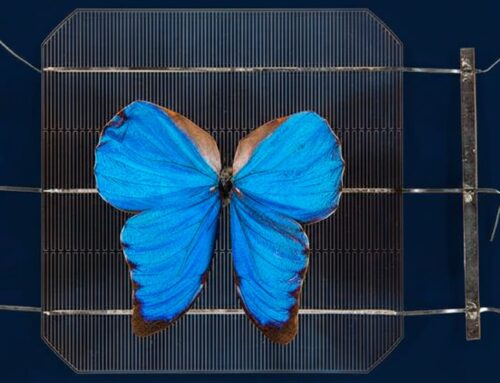MPs question value of billions in subsidies granted to Drax power plant
April 24, 2025
A government spending watchdog has questioned the value of the multi-billion pound subsidies granted to the Drax power plant in North Yorkshire – and said that plans to hand over billions more may not represent value for money.
The government has provided about £22bn of public money to businesses and households that burn biomass pellets as fuel over the past three years, including £6.5bn for the owner of the Drax plant.
The power plant, which generates about 5% of the UK’s electricity, is expected receive more than £10bn in renewable energy subsidies between 2015 and the end of 2026 – despite ongoing concerns that wood pellets are not always sustainably sourced.
The Public Accounts Committee has said that biomass generators have been left to “mark their own homework” when it comes to proving that their fuel met the sustainability standards set by the subsidy scheme.
The committee added it was not convinced by the government’s plan to heap a further £2.5bn in subsidies on the Drax plant by extending its support beyond the 2026 deadline for a further five years while it invests in carbon capture technology.
Sir Geoffrey Clifton-Brown, MP and chair of the committee, said: “Billions upon billions of government support has been provided to the biomass sector over the past two decades. Rather than taking it on faith that the woody biomass burnt for energy is a sustainably sourced low-carbon alternative fuel, it is long past time a true assay was made of what taxpayers are getting for their money.”
The industry was plunged into controversy last year when the FTSE 250 owners of the Drax power plant agreed to pay a £25m fine after an investigation by the energy regulator found “an absence of adequate data governance and controls” to monitor the sourcing of biomass pellets.
The company was also accused by a former employee of “misleading the public, government and its regulator” over its sourcing of wood for biomass pellets, in a claim for unfair dismissal filed against Drax at an employment tribunal earlier this year.
Drax denied the claims, and the litigation ended after the company and the whistleblower “reached a mutually agreeable position, without admission of liability”, it said.
Clifton-Brown said the government must do more to establish full confidence in the biomass industry’s supply chains “to truly satisfy itself that biomass is not a white elephant”.
He added the report had raised further questionsabout the future role of biomass plants fitted with carbon capture technology – known as bioenergy with carbon capture and storage, or Beccs.
Earlier this year, Drax said it would slow its investment in Beccs unless the government provided clarity over the returns it could expect from the upgrade. The comapny signalled the slowdown despite securing an extra three years of government subsidies and earning record profits of more than £1bn last year.
Clifton-Brown said although Beccs has been “long-viewed as crucial for net zero” there is “no movement visible on the horizon to start to build it into the UK’s infrastructure”.
A Drax spokesperson said its biomass was “certified as sustainable” through the Sustainable Biomass Programme (SBP), a certification scheme that has been criticised by some for not being “robust”, according to the PAC report.
The spokesperson added: “Our regulator, Ofgem, has tested and benchmarked the SBP against the government’s sustainability requirements for woody biomass, alongside other programmes.”
Search
RECENT PRESS RELEASES
Related Post


